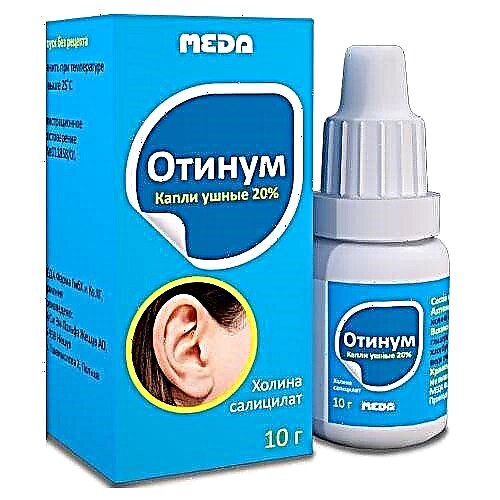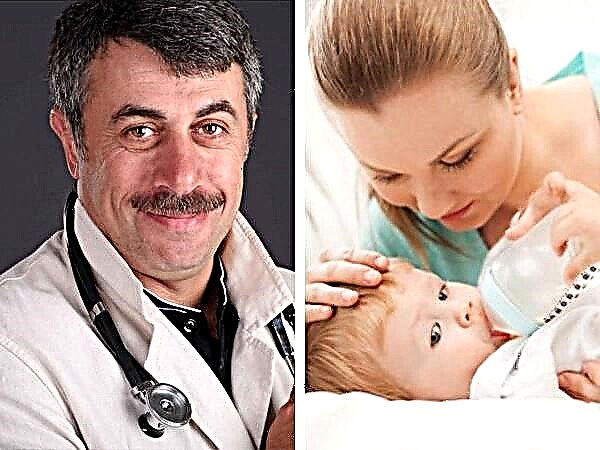
Vaccination against diseases caused by Streptococcus pneumoniae, which is called pneumococcal infection, began in our country not so long ago. Therefore, this vaccination raises many questions for parents. Why vaccinate babies against pneumonia and other pneumococcal infections and how should such vaccination be carried out correctly?
Pros
- The vaccine acts on pneumococci, protecting the child from pneumonia, endocarditis, otitis media, meningitis, arthritis and other infections caused by this type of streptococcus. Even if the disease does appear, its course will be mild.
- Pneumococcal vaccines rarely cause adverse reactions.
- There are very few contraindications to this vaccination.

Minuses
- Vaccine components, although extremely rare, can cause severe allergic reactions.
- Prevenar vaccine does not contain all pneumococcal serotypes that can cause infections in children.
- Children with weakened immunity do not tolerate this vaccination.

Contraindications
The vaccine is not given if:
- The child has been diagnosed with intolerance to the pneumococcal vaccine.
- The baby has an acute illness or any chronic illness has worsened.
- The child's body temperature is elevated.
In case of intolerance, vaccination with a pneumococcal vaccine is canceled, and in other cases it is postponed until the baby recovers. After blood transfusion, vaccination is carried out 3-4 months later. If you ignore the contraindications and vaccinate a sick baby, his condition will deteriorate sharply.
You can learn even more about pneumococcus by watching the following video.
Side effect
Pneumococcal vaccine rarely gives side effects, usually they are:
- The appearance of a seal at the injection site, soreness, and redness. It happens in 5% of babies.
- A slight increase in temperature in 1% of children.
- Drowsiness, tearfulness, irritability, decreased appetite, lethargy.

Possible complications
The introduction of pneumococcal vaccine can cause an immediate allergic reaction - urticaria, bronchospasm, anaphylactic shock. If the vaccine is given to a premature baby, it may stop breathing.
Other complications can include:
- Severe local reaction - redness and swelling of more than 8 mm are observed on the limbs.
- High body temperature - more than 39 degrees.
- Swollen lymph nodes.
- Abscess at the injection site.
- Diarrhea and bouts of vomiting.
- Exacerbation of a chronic disease.
Can complications be prevented?
To prevent a reaction to the pneumococcal vaccine, you need to observe the child 2-3 weeks before the date of vaccination. After making sure that the baby is completely healthy, his body temperature is normal, the oropharynx is not hyperemic, there is no runny nose, and chronic diseases are under control, you can safely vaccinate against pneumococcus.
After getting the vaccine, you do not need to leave the medical facility for at least 30 minutes to make sure that there is no immediate allergic reaction to the vaccine. Immediately after vaccination, it is better to limit the baby's contact with strangers for a few days.


Should you get vaccinated?
Since studies have shown that babies under 2 years of age are most susceptible to pneumococci, getting vaccinated against these bacteria is a worthwhile step. All diseases against which this vaccine protects are very serious and pose a great danger to young children.
Any illness, even a simple cold, can lead to the activation of pneumococci. And the best prevention can be called timely immunization with pneumococcal vaccine. Such vaccination is especially important for weakened children, because they have a higher risk of developing pneumonia.
Vaccination schedule
Currently, vaccination against pneumococcal infection is carried out with two foreign drugs - the American vaccine Prevenar and the French drug Pnevmo-23. The first vaccine can be administered to babies from 2-3 months, and the second - only from 2 years of age.
The administration of pneumococcal vaccine can be combined with any other vaccine, with the exception of BCG. In this case, injections are made in different parts of the body.
Depending on the age of the baby, the pneumococcal vaccine is administered according to the following scheme:
- For babies from two to six months, the vaccine is administered 3 times (the interval between vaccinations is from 1 to 1.5 months), after which revaccination is performed at 11-15 months.
- Children over seven months to 23 months are vaccinated twice (the interval between vaccinations is the same), and the child is revaccinated by the age of two.
- After 2 years, the vaccine is administered once.

E. Komarovsky's opinion
A popular pediatrician advises to vaccinate children against pneumococcal infection, as this will help avoid serious illnesses. The most severe pathology caused by pneumococci is meningitis. This disease often ends in death, and 30% of the babies who survived after it remain neurological problems. Vaccination helps to reduce the occurrence of Streptococcus pneumoniae meningitis by 90%.
Pneumonia is also very dangerous for young children. In babies under 2 years of age, the risk of breathing disorders and the appearance of pulmonary edema with such infectious lesions is very high. And otitis media is unpleasant for the baby and dangerous for hearing. These diseases can also be prevented or alleviated if the child is vaccinated in a timely manner. Komarovsky considers the pneumococcal vaccine a safe drug.

Vaccination up to a year
In the first year of a child's life, only Prevenar is vaccinated. Up to a year, the vaccine is administered three times - usually babies are vaccinated at three, four and five months of age.
Training
Before a baby is vaccinated against pneumococcus, the child needs to be examined and determined whether he is completely healthy at the moment. It is best to come for the vaccination on the day your pediatrician sees healthy children. This will prevent the simultaneous infection of SARS from sick children in the queue. Antihistamines are indicated only for children with allergies.
How is the injection done?
The pneumococcal vaccine is given intramuscularly. Children under two years of age receive an injection into the muscles of the front of the thigh, and children over 2 years of age receive the vaccine into the shoulder (deltoid muscle).

What to do if side reactions appear?
If the injection site turns red, becomes dense and painful, you need to take care of it correctly. It is possible to bathe the child, but the treatment of the injection site with antiseptics is not recommended, as is the use of a compress or a patch.
If the temperature rises, the child can be given an approved antipyretic drug. If the parents notice that the baby's condition is deteriorating and the side effects of vaccination do not go away, it is important to urgently consult a pediatrician.
Reviews
Some parents are opposed to such vaccination, because they believe that the vaccination schedule for children under 2 years old includes too many vaccinations. At the same time, they agree to learn more about the vaccine and, if necessary, for example, in case of frequent illnesses, to vaccinate their children.
Other parents view the pneumococcal vaccine positively, believing that it is better to protect their baby from possible risks than to regret the missed opportunity later. And since such a vaccination is included in the national calendar, it cannot be an accident; accordingly, the drug was tested and the need for such vaccination for Russian children was assessed.
Watch the following video of the Union of Pediatricians of Russia about pneumococcal infection.



